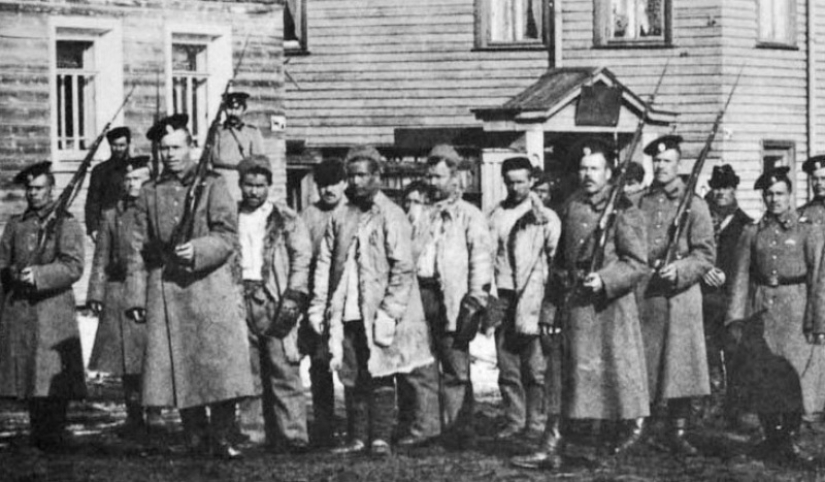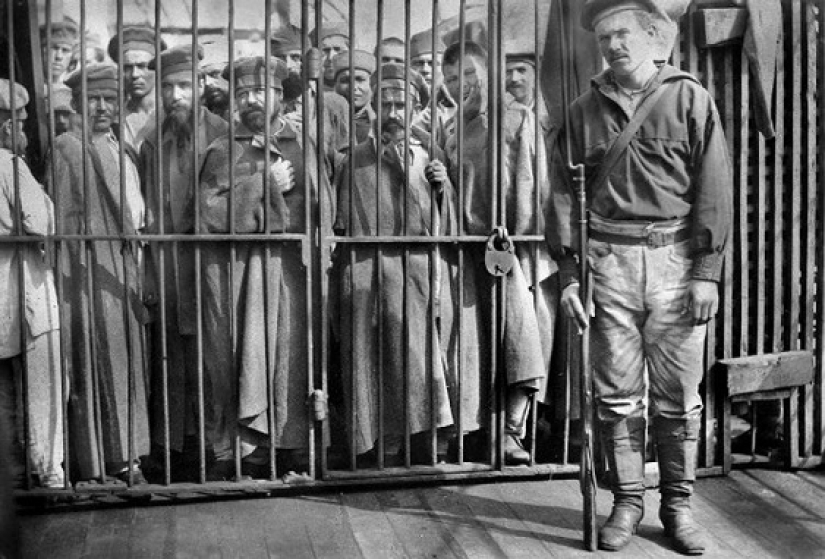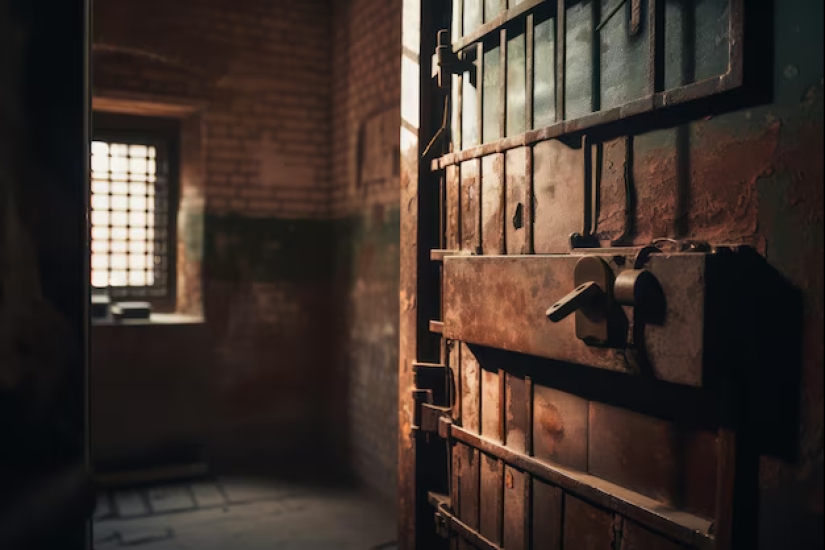Why are prisons and camps called "places not so remote"
Categories: Society
By Pictolic https://mail.pictolic.com/article/why-are-prisons-and-camps-called-places-not-so-remote.htmlPrisons and camps have many synonyms: they are called "kutuzki", "katalajki", "kichi" and even more poetic phrases. Among such set expressions, "places not so remote" stands out. It turns out that this expression is almost two centuries old, and it appeared in the Russian Empire.

The Phraseological Dictionary of the Russian Language, edited by Lyudmila Subbotina, will help you find the origins of this phrase. The author writes that the expression "places not so remote" was first encountered in official documents of the 19th century, or more precisely, in the "Code of Punishments" issued on August 15, 1845. This normative act regulated where criminals were sent depending on the severity of their actions. Places of punishment were divided into "more remote" and "less remote".

Point 22 of the document explained:
"Remote places" were located far beyond the Urals: in Siberia, on Sakhalin Island or in other hard-to-reach regions. "Places not so remote" were in the European part of the empire. Convicts were sent to the Vologda and Arkhangelsk provinces, Karelia or other regions from where the capital could be reached in a few days' journey.
The official term somehow caught on with the people and moved from official language into everyday language. Moreover, "places not so remote" were used to refer to any areas where prisons, jails and penal settlements were located. This could be said about "Kresty", located almost in the center of St. Petersburg, as well as about the penal colony in Nerchinsk, on the outskirts of the empire.

Writers of the second half of the 19th century played a significant role in popularizing the phrase. It is found in works that emphasize the contrast between the official language of power and the reality of the harsh life of prisoners. The expression, with a touch of black humor, became popular even in Soviet times, denoting the Gulags and other correctional institutions.
Today, the phrase "places not so remote" is much less common, and is mostly used by older generations or those who are interested in history. However, it retains its emotional coloring and refers to the eras when official language served as a reflection of harsh realities.
What do you think about the use of obsolete phrases in modern language? Should they be kept in use or should they be replaced with new expressions?
Recent articles

It's high time to admit that this whole hipster idea has gone too far. The concept has become so popular that even restaurants have ...

There is a perception that people only use 10% of their brain potential. But the heroes of our review, apparently, found a way to ...

New Year's is a time to surprise and delight loved ones not only with gifts but also with a unique presentation of the holiday ...